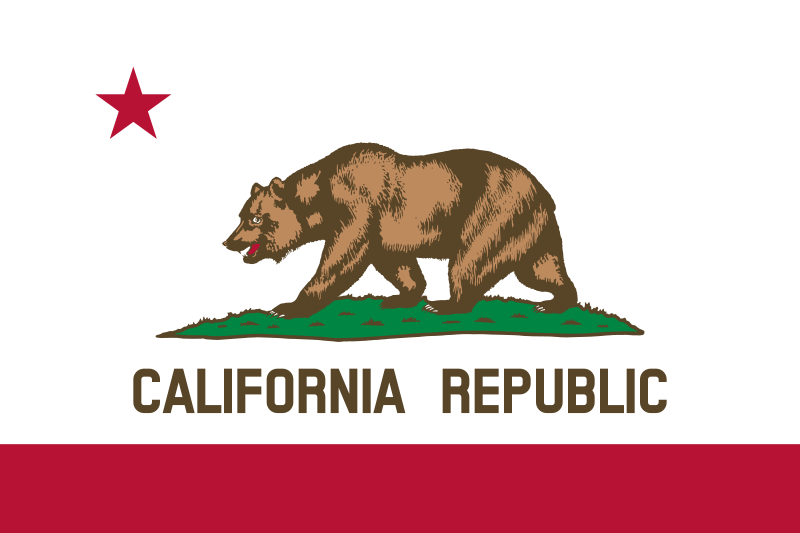On July 7, the California Secretary of State announced that an initiative to increase the state’s minimum wage from $15 to $18 by 2026 for all employers had qualified for the 2024 ballot after missing the deadline to make the ballot in 2022.
In California, initiative petition signature verification must be completed 131 days before the election. The deadline for the 2022 ballot was June 30. Yes on California Living Wage Act, the campaign behind the initiative, filed over 1 million signatures on May 12. On July 7, the final random sample count projected that at least 738,449 signatures were valid, which exceeded the 623,212 signatures required.
The ballot initiative would increase the state minimum wage over several years until it reaches $18 by 2026 for all employers. The state last increased the minimum wage in 2016 with the passage of Senate Bill 3, which required an annual increase in the minimum wage until the amount reaches $15 on January 1, 2022, for employers with 26 workers or more and January 1, 2023, for employers with 25 workers or less. Like SB 3, the ballot initiative would increase the minimum wage at different speeds depending on whether an employer has 26 or more workers or 25 or fewer workers. For employers with 26 or more workers, the minimum wage would reach $18 on January 1, 2025. For employers with 25 or fewer workers, the minimum wage would reach $18 on January 1, 2026. Also like SB 3, the minimum wage would be tied to inflation after reaching $18.
Joe Sanberg, who filed the ballot initiative, said, "The time is now, because the pandemic has heightened the people’s understanding of the realities so many Californians face. Cost of living is rising faster and faster... but wages haven’t increased commensurately." The Working Hero Action for the Living Wage Act PAC, the committee formed to fund the initiative, received $10.88 million in contributions. Joseph Sanberg provided 99.98% of the PAC's total contributions received.
The initiative has received opposition from the state’s chapter of the National Federation of Independent Business. John Kabateck, state director of the National Federation of Independent Business, said, "Market, not politicians and bureaucrats, ought to be dictating the financial growth and success of working men and women in California. Let the market dictate this and let’s stop sending the message that mediocrity is a pathway to professional success in California."
Nine states have passed laws or ballot measures increasing their statewide minimum wage rates incrementally to $15 per hour. California was the first of those states to reach $15 per hour in 2022.
Additional reading:



